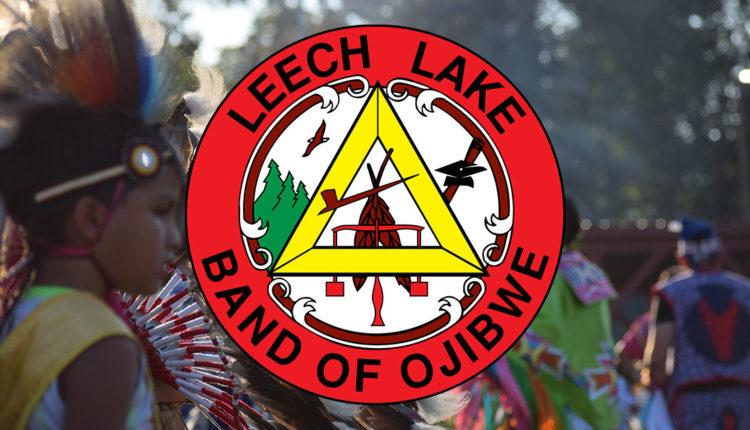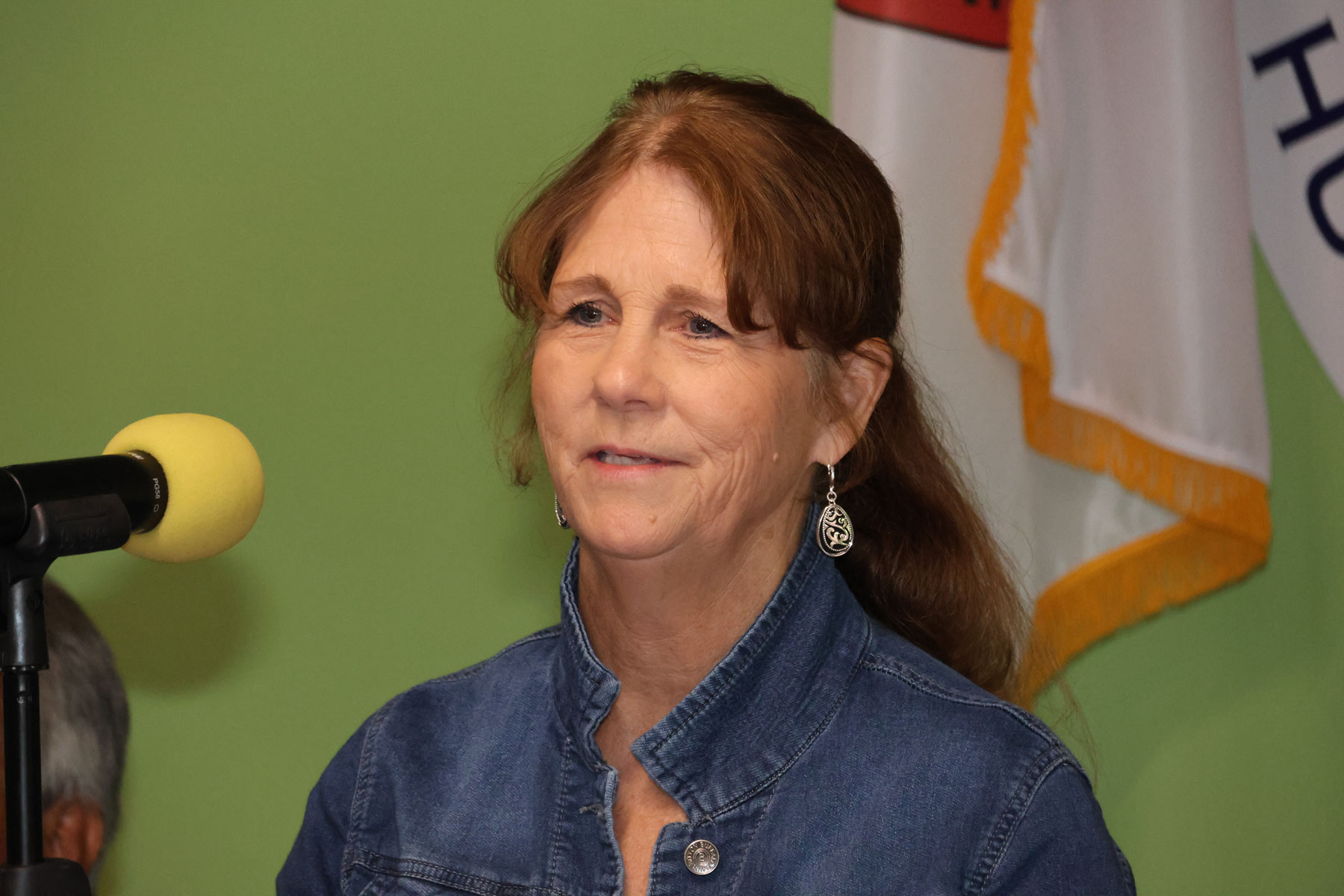Boozhoo Leech Lakers, welcome to another year of budget management and planning. Over the past several months, the Budget Committee has been working diligently with Leech Lake Tribal Council and Division Directors to compile the Fiscal Year 2024 Budget. Fiscal Year 2024 runs from July 1, 2023 to June 30, 2024. Throughout the month of June, Leech Lake Tribal Council members and staff hosted public meetings for the Fiscal Year 2024 Budget. These public meetings were to share the governmental budget with the Leech Lake Band Members and provide the opportunity for feedback and recommendations. Following those meetings, the Leech Lake Budget Committee convened to review comments and address feedback. This letter serves to provide a summary of the public comments received along with responses and feedback from the Leech Lake Budget Committee.
The ‘Leech Lake Budget’ is made up of three funds that are defined by their source and use: Special Revenue, General Fund and the Indirect Cost Pool. Leech Lake Tribal Council Resolution 01-26 enacted the Leech Lake Budget Ordinance that outlines the process and requirements of the annual Leech Lake Band of Ojibwe budget and establishes the Budget Committee to facilitate the process.
The Special Revenue Fund is monies that the Leech Lake Band of Ojibwe has agreed to obligate in a certain fashion, which is also known as “restricted funding,” as there are limits on its use. Much of the Special Revenue funding comes from Federal and State Grants, where the LLBO has agreed to fund a certain project or program. Other special reserve funding is through our self-governance compact with the Department of Interior. In this compact the Tribe receives a sum of funding and can determine allocation to programs that the Tribe has agreed to provide. Billing revenue for Health and Human services is also included in the special revenue due to limitations on how that revenue can be spent.
The General Fund is monies where the spending discretion rests with the Leech Lake Tribal Council. This funding includes the gaming and small business profits, funding from agreements (MN DNR & DOR}, earned interest and reserve funding.
The Indirect Cost Pool is monies for programs that support the organization where costs can be shared amongst all direct funded programs. Examples of indirect costs are building costs (maintenance and utility), accounting services and technical support. Each year the Leech Lake Band of Ojibwe negotiates a rate with the Department of Interior to apply to the eligible special revenue and general fund expenditures.
Annual funding that comes into the tribal government includes the gaming and small business profits, the hunting and fishing agreement and tax agreement proceeds, and interest income. These dollars combined form the Direct Funding for the Leech Lake Band. The amount that is expected to be available for Direct Funding for Fiscal Year 2024 is $26,376,700. The initial requests for Direct Funding from our programs and divisions came in at $35,839,077 leaving a deficit of $9,462,377. In order to resolve this deficit, there were some one-time funds that were utilized to cover the capital requests and the tax rebate to band members in December. A 10.10% decrease to all other programs was then applied in order to balance the Direct Funding portion of the budget.
The tribal government formerly utilized the Opiate Reserve fund to fund programs such as: Elder’s Services, Sports and Recreation, ENP, and other programs. This funding is now gone, and additional monies must be identified to continue operations of those programs. Program Managers are working on implementing new structure and procedures to help bring in additional billing and grant opportunities to keep these programs running. The Youth activities were brought up at all of the Public Hearings. Part of the Youth/Sports and Recreation was linked to this Opiate funding. The Youth Division has developed a plan that is going to increase activities for the youth across the reservation and communities where LLBO youth reside. Some other programs of concern that were discussed at all of the meetings are the Eider’s Services and Elderly Nutrition Program. These programs are in the process of being combined and restructured to ensure that services remain intact. A plan has been implemented for staff to obtain certification as Community Health Workers (CHW). This will allow for an opportunity to bill for the services that are already being provided by Leech Lake staff. These plans will continue to be developed and improved to ensure that these programs, along with all other programs, remain sustainable and always looking for ways to bring in additional revenues to Leech Lake.
Discussions and concerns were brought up at all of the Public Hearings regarding Local Indian Council (UC) funds. The discussions ranged from the amounts allocated to each LIC, how those amounts are determined, stumpage funds and the amount currently budgeted being insufficient for an entire year’s worth of events. Some years back, an amount of $125,000 was allocated to be distributed evenly amongst all 17 UCs, each LIC received approximately $7,400. Each LIC would use this funding to provide stipends to the elected UC members and the remainder would be utilized to put on various events within the communities. To help address the shortfall in having enough funds for LIC’s to hold events for their community, the FY 24 Budget included increases to each Lie’s budget to $10,000. The approval of these additional funds included a stipulation that the additional funds would strictly be used for events in the communities while stipends for elected UC members would remain the same. The additional discussions regarding how the amounts are determined remain under discussion with Tribal Council and management to try and better identify a process on how to allocate funds to each UC. An all UC meeting was held on July 31, 2023 to obtain additional input on this process and to have further discussion on the additional funds that were allocated through this year’s budget process.
The discussion of Pow-Wows and how much funding is allocated to each Pow-Wow was also brought up at the meetings. There were questions on why some Pow-Wow’s receive more funding than others. Another suggestion that was brought up was that the Leech Lake Days Pow-Wow should go back to being only traditional instead of a traditional/contest hybrid. These comments were delivered to Tribal Council and management for further consideration. It was also relayed that $1,000,000 was allocated within the budget to help with repairs and upgrades to all of the Pow-Wow grounds across the reservation. Public Relations is setting up meetings with all Pow-Wow Committees to identify what improvements will be made to each of the grounds.
An increase in funeral benefits was also discussed. The proposal was to increase funeral benefits by $2,500. Due to the amount of the proposed increase and time constraints in having the FY24 budget approved by Tribal Council before the start of the 2024 Fiscal Year, this increase was not included the final budget. However, the RBC have directed Management to look into this matter and have discussions with area funeral homes in order to revisit this increase in the near future.
Housing was another big topic of concern that was brought up at multiple meetings. Tribal Council agrees that this is an ongoing major concern for band members. Tribal Council will continue to work with the Tribal Development, Leech Lake Housing Authority and others to help continue addressing this ongoing need.
The last big item relating to the budget was inquiring on why Leech Lake Gaming does not present their budgets in this fashion. The Leech Lake Gaming financials and budgets are propriety information and need to be handled carefully to ensure that the competitive advantage is maintained with other entities.
There were some additional operational concerns that were brought within these meetings but do not have an immediate or direct correlation with the budget process. All of these concerns have been shared with Tribal Council and management. These are continuing to be looked into and addressed as quickly as possible.
We also communicated in the public meetings that our Budget Ordinance is a couple of decades old and doesn’t help our processes today in the best way possible. Management is working with Tribal Council on updating the Budget Ordinance to ensure that it helps better obtain public input and identify priorities that the communities feel need to be addressed. We will continue to inform the community on updates to the budget ordinance and other concerns that were brought up in these meetings on an ongoing basis.
In closing, we would like to thank the Tribal Council Members, Division Directors, Program Managers, Program Accountants, for your cooperation as we worked together to develop the FY24 operating budget. Chi-Miigwech!
Terri Finn, Executive Director, on behalf of the Budget Committee.


